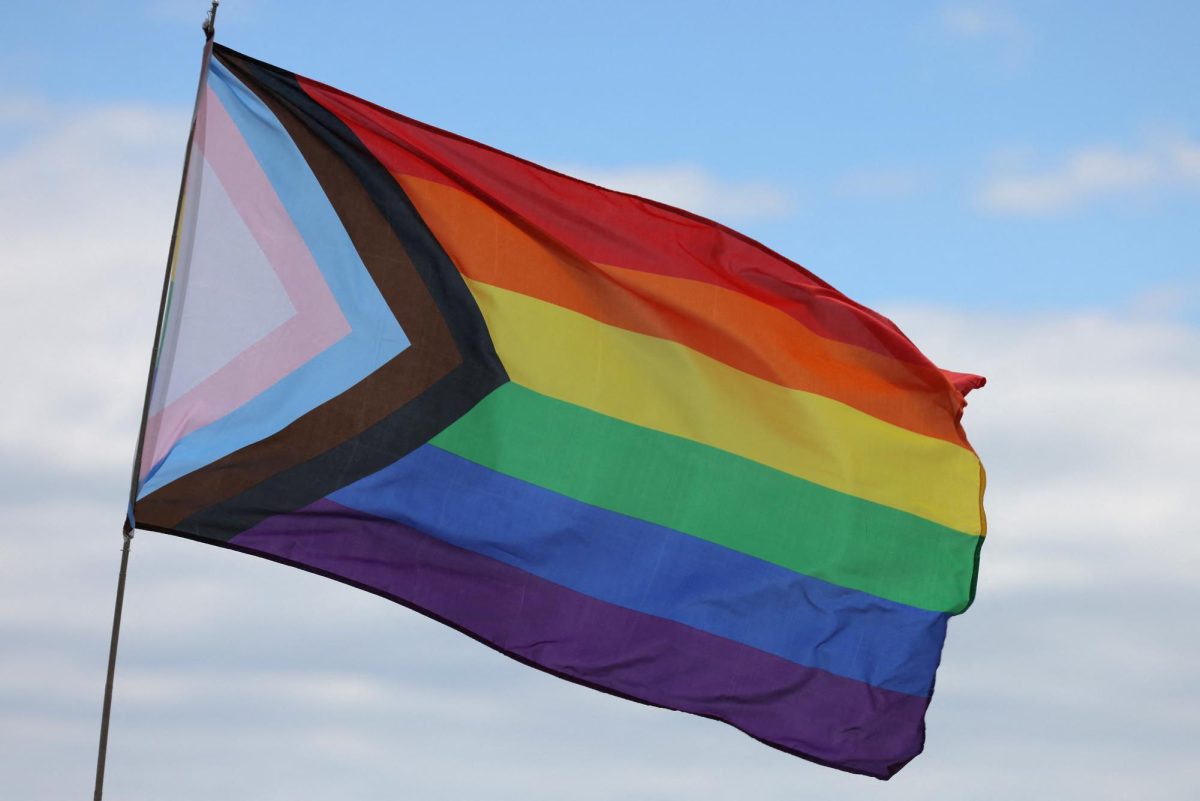Over 1.8 million LGBTQ+ young adults aged 13-24 seriously consider suicide each year in the U.S., and at least one attempts suicide every 45 seconds. People in the community are also more than four times more likely to attempt suicide than others.
Sixty percent of the LGBTQ community reported they had experienced discrimination based on their sexual orientation or gender identity at least once in their lifetime. Those who did attempted suicide at more than twice the rate of those who did not in the past year.
A study by The Trevor Project found that transgender and nonbinary youth who reported experiencing discrimination based on their gender identity had more than double the odds of attempting suicide in the past year compared to those who did not experience such discrimination.
There have also been more than 600 bills introduced this year containing anti-LGBTQ legislation.
“I really do worry introducing myself as a trans man, just because there’s so much animosity towards who I am. I live in a pretty purple area when it comes to politics, and I have been both openly supported and openly called slurs at my school,” said Orion Boon in a PBS interview on LGBTQ youth.
The LGBTQ community has been a political topic in recent years, but the community has an extraordinarily long history of criminalization and discrimination. While in the early 2000s — specifically 2004 — there was significant progress made with legalizing gay marriage, in 2015 the U.S. Supreme Court declared same-sex marriage legal in all 50 states.
In 2024, there were 533 bills introduced that described anti-LGBTQ ideas. Not all were passed, but the number showed that blatant discrimination had grown considerably. Some of these bills involved healthcare funding restrictions, public accommodation bans, redefinition of sex, school facilities bans, and many other anti-LGBTQ measures. Some have been defeated in states, while others are still advancing.
Discrimination has shifted almost full throttle onto the transgender community and their rights in recent years, specifically healthcare restrictions seen in bills advancing in certain states. Some of these restrictions seek to ban gender-affirming care. In 2021, Arkansas became the first state in the country to ban gender-affirming care, with at least 26 other states following by restricting gender-affirming services for minors and/or adults.
While the focus started on restricting minors from gender-affirming care, it has shifted to also banning transgender care for adults. In many states, these restrictions have forced transgender youth to medically detransition and stop effective treatment altogether.
During a Texas Senate committee hearing, Nick Mollberg spoke out against some of these anti-trans bills while giving a speech.
During his testimony, Mollberg said he remembered when Republicans “for years” thought gay marriage was “going to end the world” until public opinion shifted and they had to pick a “new scapegoat.” Mollberg also said that if any lawmakers voted for the bill, he would look them in the eye while doing so and call them a bigot and coward.
“It’s not that you can sit here and actually do the business of the people, make lives better for Texans like me,” Mollberg said. “No, no, no, there’s no time for that. We got to bully 1% of the population. We’ve got to harm them as badly as we possibly can.”
“You are not interested in helping or protecting women. Period. Full stop. You’re here to hurt trans people. No other reason,” Mollberg said.









